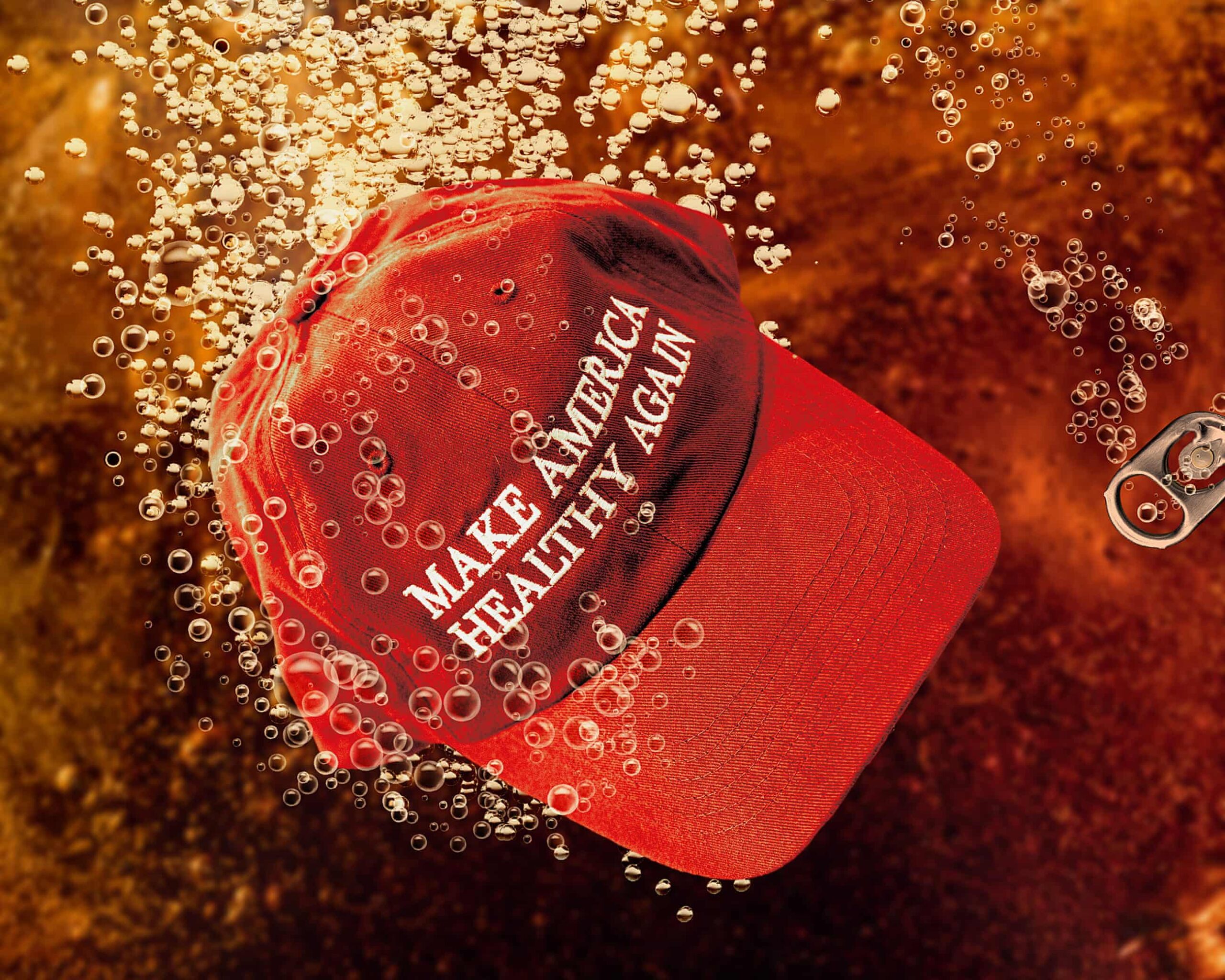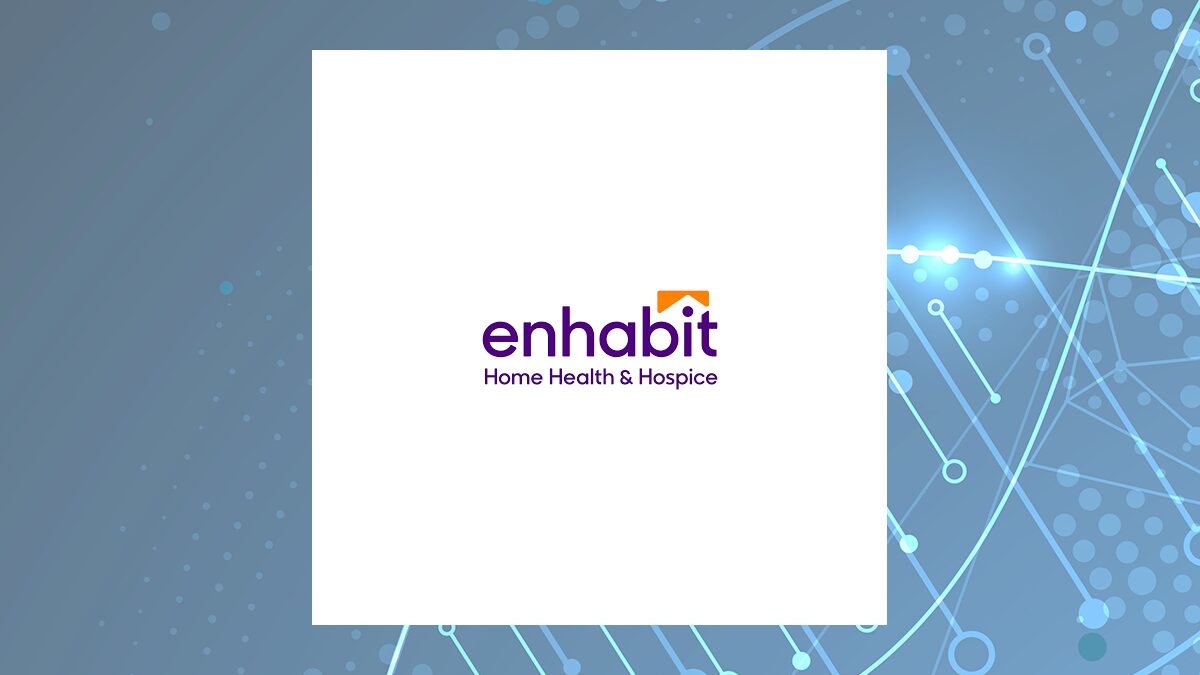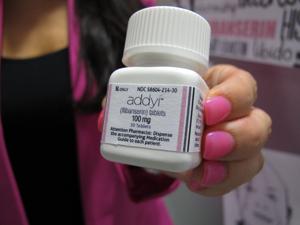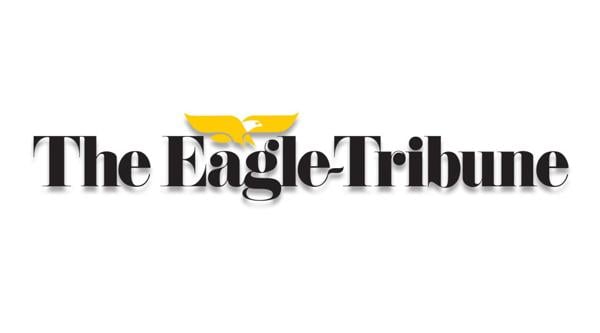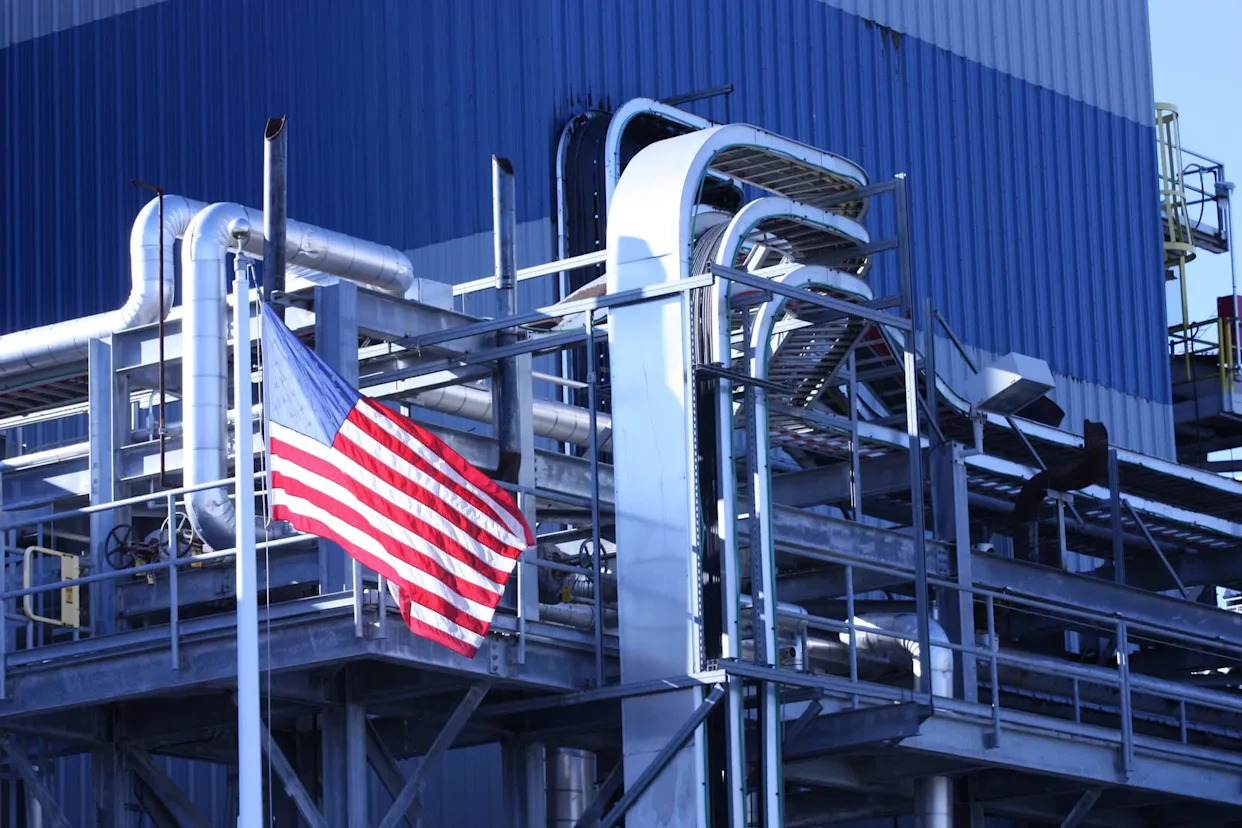Major soft-drink and snack-food corporations in the United States are coordinating efforts to oppose Robert F. Kennedy Jr.’s “Make America Healthy Again” (Maha) movement, which seeks to reduce the consumption of soda and ultra-processed foods. An investigation by the Guardian, in collaboration with environmental watchdog Fieldnotes, reveals a network of pollsters, strategists, and political financiers closely tied to the national Republican party working to undermine these health initiatives.
The American Beverage Association (ABA), alongside the Consumer Brands Association, is leading the charge against the Maha movement. Their strategy involves leveraging influential figures within the Republican party to deliver a clear message: oppose the Maha efforts or risk alienating the base of supporters who rallied behind Donald Trump. This campaign has included the hiring of social media influencers who disseminate pro-soda messaging without revealing their financial ties to the beverage industry.
Industry Influence and Political Strategy
The three largest soft-drink companies in the U.S.—Coca-Cola, PepsiCo, and Keurig Dr Pepper—are particularly concerned about two key initiatives supported by Kennedy: one aimed at banning the use of petroleum-based dyes in school foods and another restricting the use of SNAP benefits for purchasing soft drinks. In their annual reports, these companies identified the Maha movement as a direct threat to their profitability.
Lobbyists representing the beverage industry have made their case to lawmakers, suggesting that supporting the Maha movement would betray working-class families who support Trump. An unsigned memo from the lobby declared, “Working-class families and individuals across America rose up to vote for President Trump on the promise of a new era that would lift them up.” The memo reflects the beverage industry’s intent to position itself as a defender of consumer choice against perceived government overreach.
Despite the industry’s efforts, Maha initiatives have experienced more success outside Washington, D.C. Twelve states have received waivers from the U.S. Department of Agriculture to restrict SNAP benefits, and multiple states have enacted legislation to limit food dyes in school meals. For example, Kristen Chevrier, a Republican representative from Utah, noted that the industry’s influence is more pronounced at the federal level than at the state level, making it challenging for them to control multiple state legislatures.
Covert Operations and Messaging Tactics
Documents obtained through public records requests indicate that lobbyists have been employing a strategy that uses the narrative of “Maga versus Maha” to sway state-level nutrition bills. For instance, as legislation aimed at SNAP restrictions was progressing in Arizona, lobbyist Michael Gardner contacted lawmakers, referencing an article stating that Trump voters wanted SNAP users to have the option to buy soda. This claim originated from a poll commissioned by the ABA itself.
The poll, conducted by Public Opinion Strategies, was part of a broader effort to shape public perception and influence legislative outcomes. The ABA spent nearly $2 million on Gardner’s firm in 2023, underscoring the financial commitment behind this initiative. The network behind these efforts is extensive, involving several firms connected to political strategist Phil Cox, who has links to the Koch family’s political endeavors.
In addition to traditional lobbying, the beverage industry has utilized social media campaigns to bolster its message. A front group named Americans for Food and Beverage Choice has been running targeted ads across at least nine states, promoting polling data while presenting itself as a grassroots organization. Notably, the individuals leading this group are also affiliated with the ABA.
As this campaign unfolds, it highlights the intricate relationship between industry interests and political messaging, particularly in the context of public health initiatives. With the backing of influential figures and substantial financial resources, the beverage industry is positioning itself to protect its interests against a growing movement advocating for healthier dietary choices.
The implications of these tactics raise critical questions about the influence of corporate lobbying on public health policy and the extent to which consumer choice is prioritized in legislative discussions.

